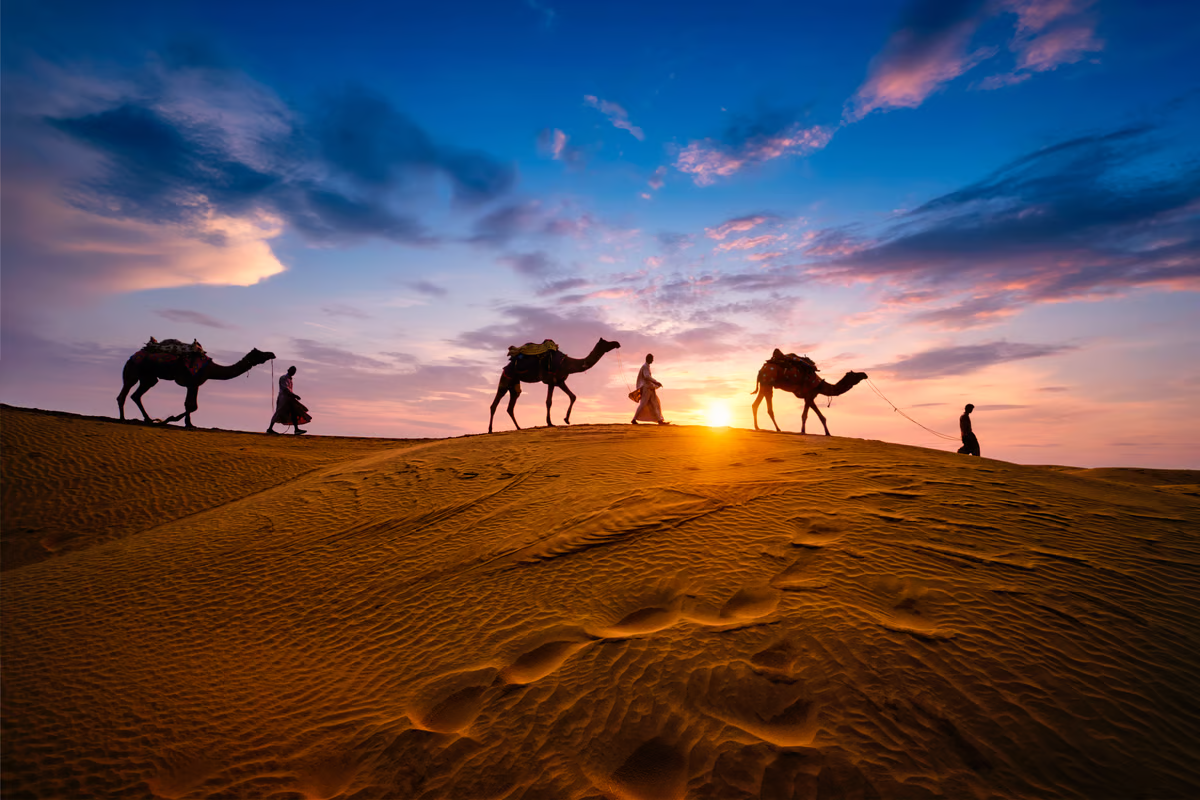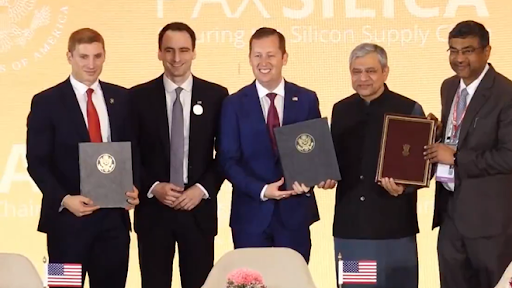





Disclaimer: Copyright infringement is not intended.
Content:
Manama Declaration
Details about declaration:
International Protection and Peacekeeping Forces:
Immediate Ceasefire in Gaza:
End to Forced Displacement:
Support for Two-State Solution:
Regional and International Diplomacy:
Humanitarian Concerns:
|
Arab League ○The Arab League, officially known as the League of Arab States, was formed on March 22, 1945, in Cairo, Egypt. ○It was established with the goal of promoting economic, cultural, political, and military cooperation among Arab countries. ●Membership: ○The League comprises 22 member states, including countries such as Egypt, Saudi Arabia, Iraq, Jordan, Lebanon, Libya, Morocco, Tunisia, and others. ○Each member state has equal representation in the League's decision-making processes. ●Objectives: ○Foster Cooperation: The League aims to promote cooperation and solidarity among Arab nations in various domains, including economic, social, and cultural spheres. ○Protect Sovereignty: It works to safeguard the sovereignty, independence, and territorial integrity of Arab states. ○Resolve Disputes: The League seeks to mediate and resolve disputes or conflicts among member states through diplomatic means. ○Coordinate Policies: It coordinates political and diplomatic policies on regional and international issues affecting Arab interests. ○Promote Arab Identity: The League promotes Arab identity, heritage, language, and cultural exchange among member states. ●Structure: ○The League's highest authority is the Council, composed of representatives from each member state. ○The Secretary-General heads the League's Secretariat and serves as its chief executive officer, overseeing day-to-day operations and implementing decisions. ○The League also has specialized committees and bodies focused on specific areas such as economics, social affairs, and political coordination. ●Key Initiatives and Resolutions: ○Arab Peace Initiative: In 2002, the League proposed the Arab Peace Initiative, which calls for normalizing relations between Arab countries and Israel in exchange for Israeli withdrawal from occupied territories and a just solution to the Palestinian refugee issue. ○Economic Cooperation: The League promotes economic integration and cooperation among member states through initiatives such as the Arab Free Trade Area (AFTA) and investment partnerships. ○Humanitarian Assistance: It provides humanitarian aid and support to member states during crises, natural disasters, and humanitarian emergencies. ●Role in Regional Affairs: ○The League plays a significant role in shaping regional policies, responses to crises, and diplomatic initiatives related to Arab interests on the global stage. ○It engages with international organizations and partners to advance Arab priorities and advocate for peace, stability, and development in the Middle East and North Africa region. |
Israel palestine conflict:
Source:
|
PRACTICE QUESTION Q. Critically analyze the challenges and opportunities presented by the declaration for international cooperation in ensuring global peace and security. (150 wprds) |




© 2026 iasgyan. All right reserved